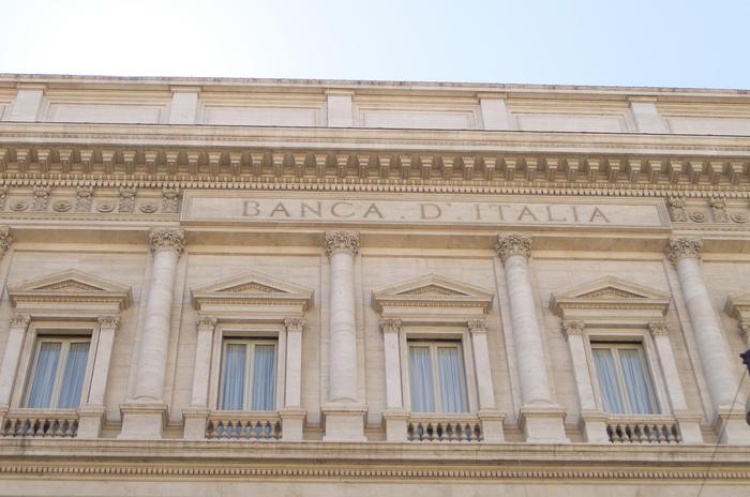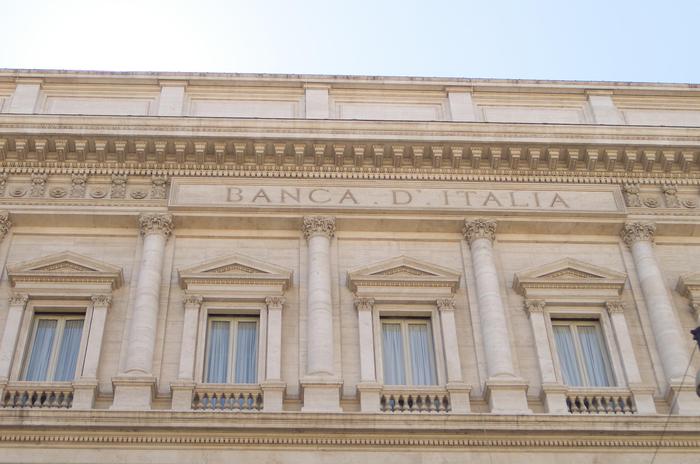The flat tax, contained in the government’s tax enabling bill, “could turn out to be an unrealistic model” for a country, like Italy, “with an extensive welfare system, especially in light of public finance constraints,” the head of the Bank of Italy’s Tax Assistance and Advisory Service Giacomo Ricotti warned in a hearing at the Lower House finance committee.
Ricotti claimed, “it is not clear either which tax incentives will be the subject of rationalisation or the amount of resources that will be recovered”.
Prime Minister Giorgia Meloni’s government is aiming to bring in a flat tax for all workers in Italy by the end of the current parliamentary term, in less than five years’ time, according to its tax-reform enabling bill.
At present, Italy has a 15 per cent flat tax, but it only applies to self-employed people earning up to €85,000 a year.
The reform said a step towards a flat tax for all will be the reduction of the number of income-tax bands applied to people employed by private-sector firms and the State from four to three.
The reform also seeks to significantly cut down the number of taxes in force in Italy.
ANSA











